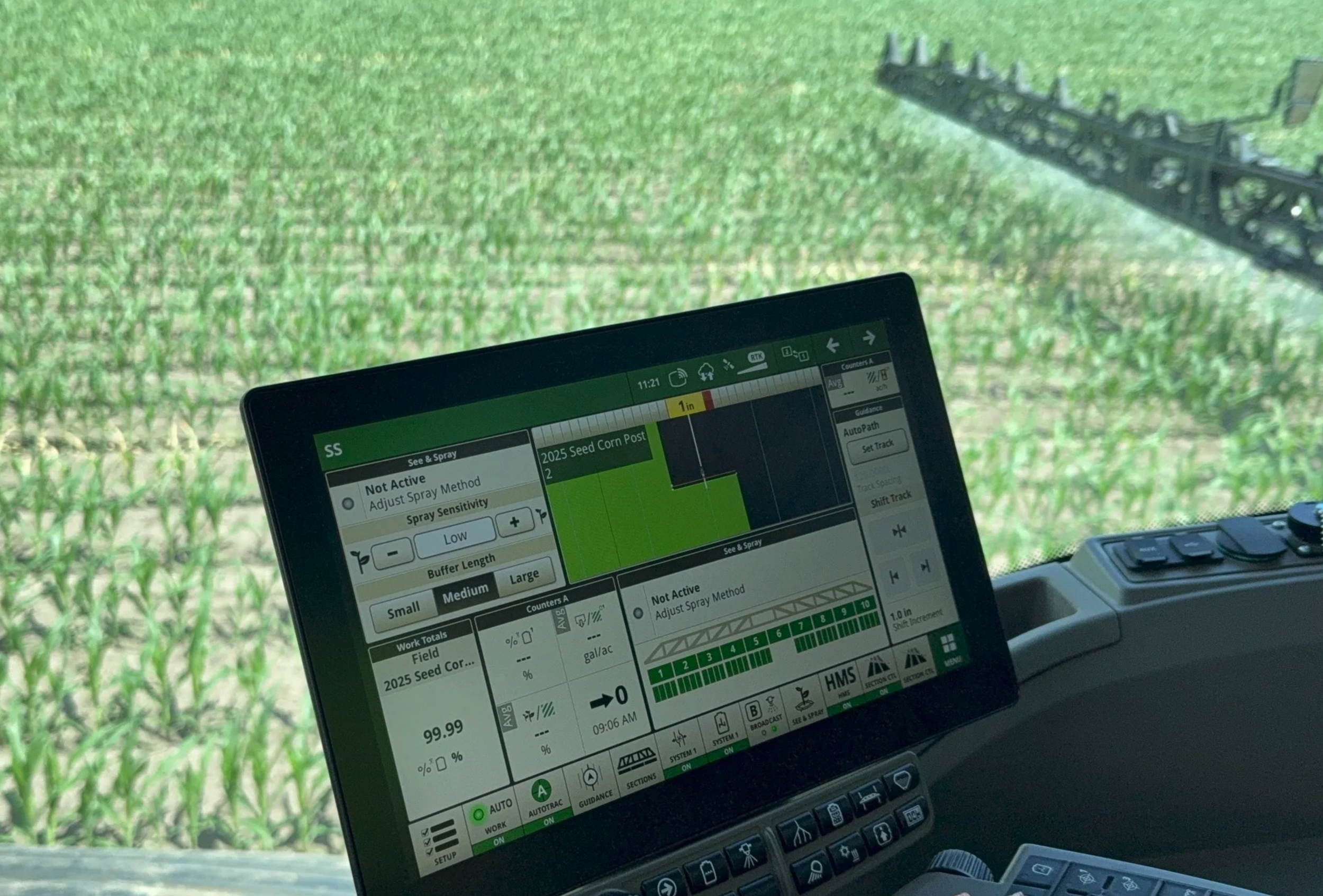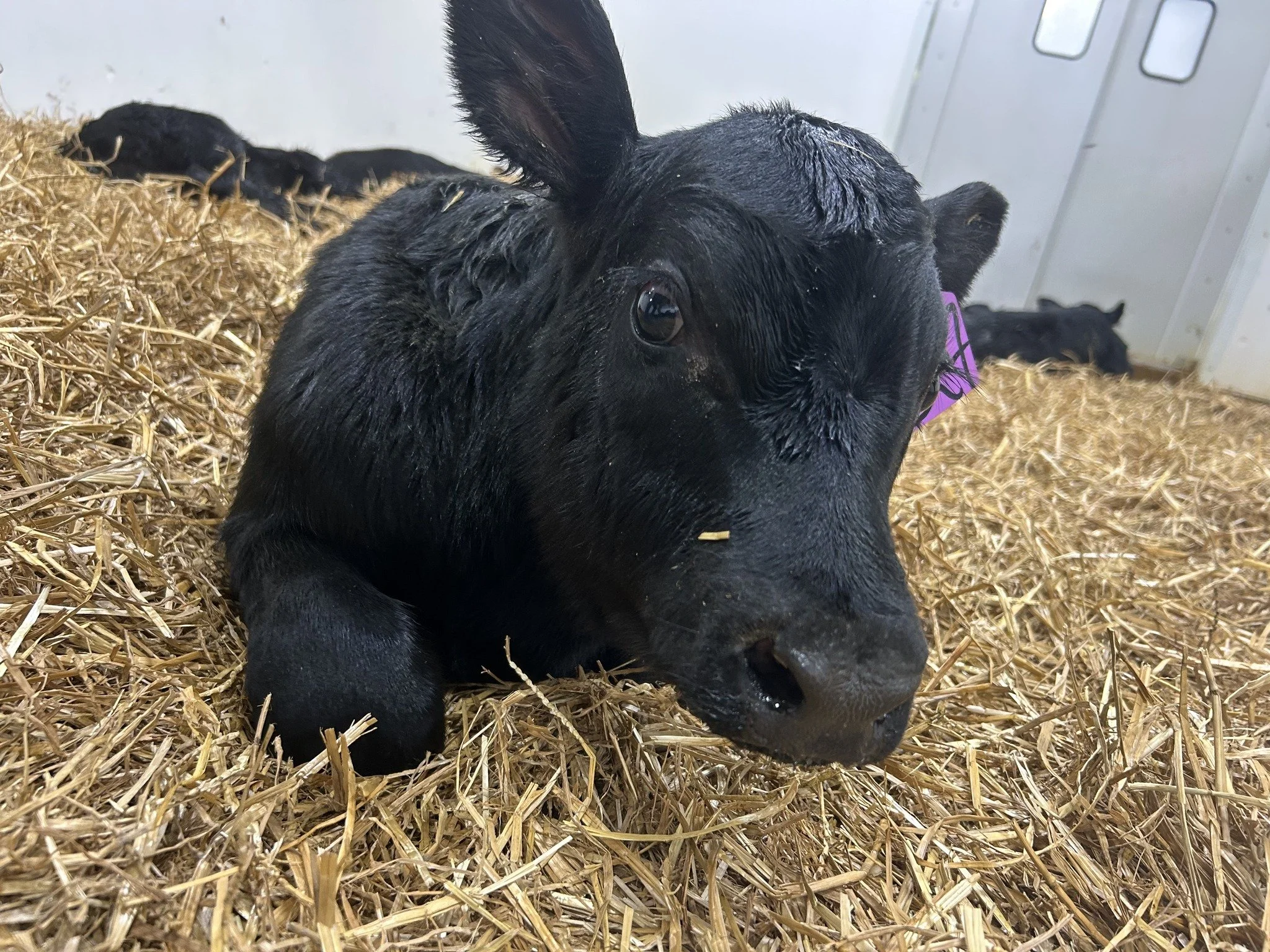Increased Ag Technology and Sustainability
/Technology is already on on the farm, but during the next decade, farmers will likely embrace ag tech like never before. I read an interesting article on PrecisionAg this morning called "10 Bold Predictions for Precision Agriculture." One point in particular stood out to me: PrecisionAg predicted sustainability would increasingly drive technology use. I couldn't agree more.
We live in an age of wild weather, shrinking margins of profitability, increased governmental regulation, and greater consumer awareness of and interest in their food. Sustainability has gone from just being hip to being necessary to survive. Sustainable agricultural practices can take different forms:
- Hops and wine grape growers may use drip irrigation systems controlled by computer systems reliant on data from weather stations, GPS data, and weather prediction models. Reducing the water used while increasing output makes a craft operation more sustainable.
- Sustainability on livestock farms involves traceability, water quality, consumer health, animal health, and transportation. Precision livestock farming will make it possible to implement real time herd management practices. New information technology tools will provide tools for data acquisition and handling. This technology will include sensory tools (extra eyes and ears on the animals), data handling and storage capabilities, decision-making support models (extra brains to make real time decisions), and robotic implementation of routine actions. Dairy farms are already using robotics to milk cows.
- Genetically modified crops and animals will be used to increase food production without increasing the burden on the planet. There are about 7.4 billion people on the earth; projected to grow to 9.8 billion in 34 years. About 800 million of us are malnourished. Harnessing the scientific power of the GM process will create more food using less inputs (water, energy, feed, antibiotics, fertilizer, etc.). As Dr. Peter Raven recently wrote: it is time to move beyond the GMO controversy and take advantage of scientific progress. The GM process mimics natural breeding processes to create bigger, healthier, faster growing food sources. We need to embrace it.
- More and more energy needs on the farm can be met through sustainable practices. Solar and wind power are becoming prevalent in rural areas. Tax benefits encourage the use of renewable resources. An increasing number of farmers can add to their income by harvesting wind or solar power. Many farmers and ranchers already are growing corn to produce ethanol in accordance with Congressional mandates. Large-scale farms may use methane digesters to convert gases from manure to usable energy. Truck fleets that rely on renewable resources make transportation of inputs (feed, fertilizer) and output (corn, milk, pork) more environmentally friendly.
- High-tech nutrient management systems coupled with hands-on sustainable practices like crop rotation, no-till techniques, cover crops, and crop diversity help establish a sustainable production system. Management of the soil will enhance and protect soil quality.
- Consumer demand will drive sustainable practices in agriculture. As consumers -- especially large ones like McDonalds or Walmart -- request and require producers to meet environmental standards, farmers will find ways to become more sustainable. Many changes will be brought about by consumer demands, not governmental policies.
These are, of course, just a smattering of the sustainable agricultural technologies available today. The future of sustainable ag technology will be limited only by our imaginations. I, for one, can't wait.




